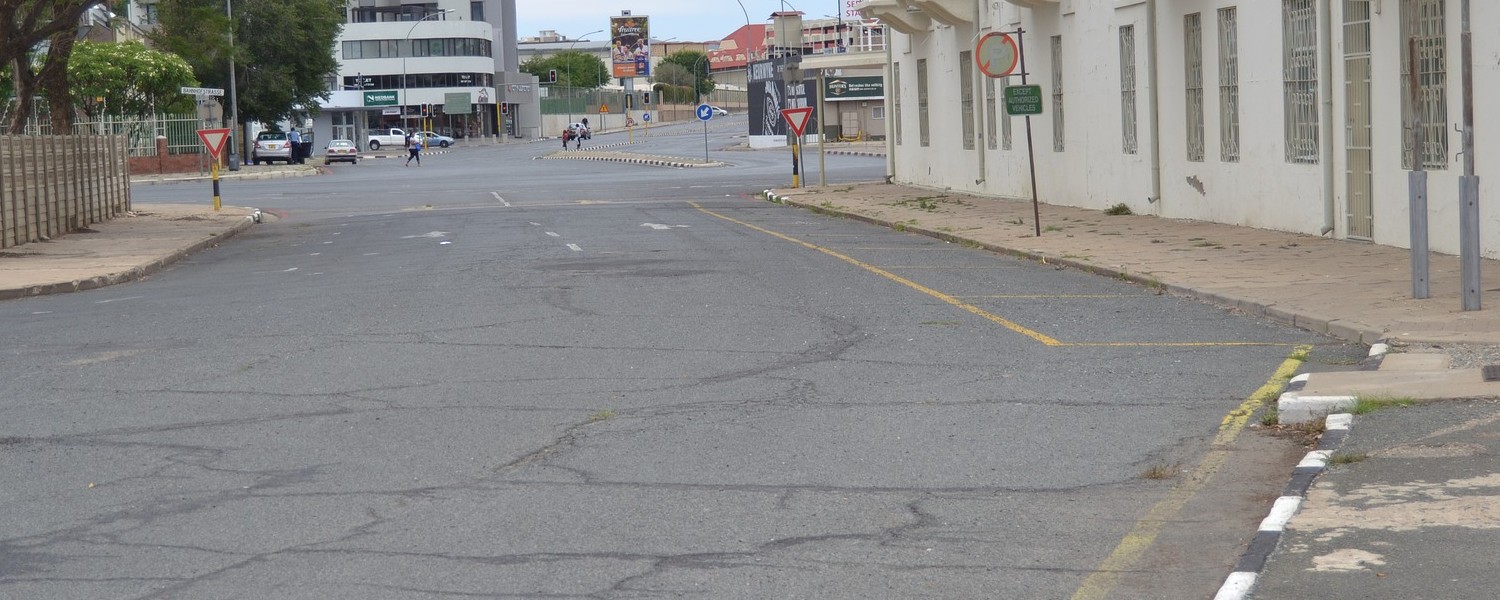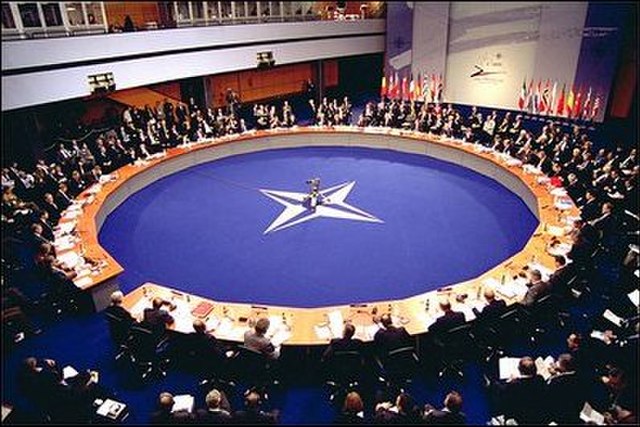This article was published on 20 April 2020 at David Bisset’s page in LinkedIn.
Bulgarska rabota. The expression translates literally as “Bulgarian work”. It’s commonly used and it’s versatile. It was one of the first Bulgarian expressions I learned back in 1991. I have since come to realise that it expresses deep social pessimism and surrender to circumstance.
The expression is generally accompanied by a shrug of the shoulders – “What can you do?”
It is used in reference to the drudgery of employment and dysfunctional, petty regulation.
If applied descriptively to an object, it tells you about the poor standard of construction or dysfunctional, over-elaborate design. A botched job. “This contraption will disintegrate in your hands…. This building will start to fall apart in the not-too-distance future….This new road surface won’t survive the winter.”
The expression is used frequently in reference to government – ludicrous bureaucracy, the buffoonery of the political class and – yes – inevitably, the high-level corruption and collaboration between politician and mafia kingpin.
It can refer to poor table service in a restaurant or an encounter with a rude, officious bank clerk.
The key messages? Expect inefficiency. Expect dysfunctionalism.
I find myself asking questions in exasperation. Doesn’t each and every individual possess the ability to be efficient as a matter of personal choice or pride? Can’t you fix the dysfunctionalism? Team effort?!
Inevitably these questions lead to reference to the System – the spider’s web in which Bulgarians are trapped like flies. Trapped as employees. Trapped as citizens. Trapped as students. Trapped as parents of young children. Trapped as teenagers or senior citizens.
Bulgarka rabota.
Bulgarian work stands in stark contrast with German work, Nemska rabota. German work is efficient and technically refined. If clever, sleek or stylistically appealing, an object is described as an example of German craftsmanship even if it originates from Taiwan. Bulgarians favour German cars. Mercedes and BMWs carry prestige while Volkswagens are ubiquitous.
I enjoy the antics of Bulgaria’s comprador-bourgeoisie. They used to primarily represent the foreign NGOs but – since EC accession in 2007 – numbers have swollen. They represent the class of middlemen that operate for and on behalf of the European Union and / or overseas investors in Bulgaria. They are zealous in their adoption of the style of those they represent or collaborate with.
There is a gulf between style (which is superficial) and sensibility which is a deep-rooted response to the emotional and aesthetic influences of the culture you were born into or – at the very least – steeped in for some considerable time.
Standing next to a foreign national these young Bulgarians show the ardour of groupies. They won’t use the expression “Bulgarska rabota” because they have distanced themselves from the talk of the man on the street corner or woman on the trolley bus. This means that even if they work in the humanitarian sector or academia they are – to an extent – disdainful towards those they ostensibly support or the families of those they teach.
Snobs? In a sense, yes. However, we need to differentiate their self-presentation from the excesses of the nouveau riche. Let’s describe them as “precious” instead. They have adopted the fastidiousness, the wokeness of the Brit who reads the Guardian to which they have added a splash of American preppy-ness. They are histrionic in their faux-heroic championing of a broad range of causes. It’s a different style of ostentation from the vulgarity of the nouveau riche but it’s ostentation – a social performance – nevertheless.
And, this is the problem.
Erasmus students can’t save Bulgarians from the spider’s web. The nouveau riche are too busy shopping, dining and adding new examples of Bulgarska rabota.
It will take enterprise as opposed to drudgery. Movement as opposed to apathy. Esprit as opposed to pessimism. These are not commodities for anyone to provide. They are not deliverable by government or multi-national.
They are delivered by the type of community leadership as defined by Lao Tzu –
“A leader is best when people barely know he exists, when his work is done, his aim fulfilled, they will say: we did it ourselves.”
It is said that Bulgarians like a “strong man” in charge. But this is based on the expectation of adversity.
Drop this expectation. Please drop the long-held belief that Bulgaria is surrounded by adversaries as is every family and organisation in the country.
Go for a wise man or woman that works quietly for the commonweal.
The commonweal. The expression Bulgarska rabota succinctly expresses the stress and exasperation of the precariat. Professor Guy Standing defines the three dimensions of a precarious existence:
- Unstable labour and unstable style and standard of living
- Exposure to risk based on lack of access to paid holidays, pension arrangements or medical leave. When working, they receive only low wages for the hours they put in
- Disenfranchisement and deterioration of civil rights, cultural rights, social rights and political representation
I work with disadvantaged children and I agree with Paul Tough when he says that “(t)he key channel through which early adversity causes damage to developing bodies and brains is stress.”
One of the greatest challenges of the social worker or family counselor is combating the self-destructive aspect of survivalism within disadvantaged families. The alleviation of stress. The provision of a sense of security.
Bulgarska rabota: Use of the expression is akin to the use of black humour. It’s equivalent to the sardonic smile. If social media savvy, why not substitute FFS?
Members of the precariat have the right to mutter FFS (or its equivalent) through gritted teeth. Many of us don’t. Certainly not the self-preening comprador-bourgeoisie. I’ll give the last word to Guy Standing –
“Security is a precious asset. It should be a goal of everyone who genuinely wants to build a good society rather than one that facilitates the aggrandizement of a privileged elite who knowingly gain from the insecurities of others. Wanting others to have what you want takes courage.” (‘Basic Income: And How We Can Make It Happen.’)
Courage…More than fine words.
Photo: Poor roads are one element of the Bulgarian work among many others (source: Pixabay, CC0)
The Barricade is an independent platform, which is supported financially by its readers. Become one of them! If you have enjoyed reading this article, support The Barricade’s existence! We need you! See how you can help – here!











